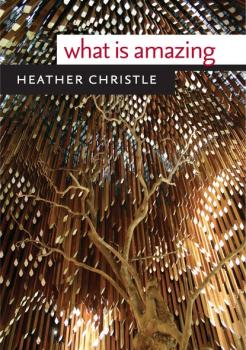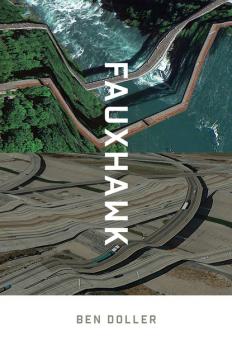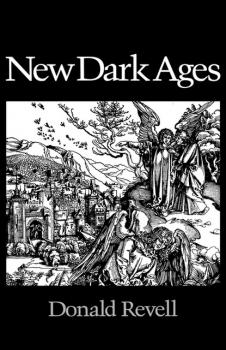ТОП просматриваемых книг сайта:















Wesleyan Poetry Series
Скачать книги из серии Wesleyan Poetry SeriesАннотация
Информация о книге
Автор произведения James Dickey
Жанр Зарубежные стихи
Серия Wesleyan Poetry Series
Аннотация
Аннотация
Информация о книге
Автор произведения Heather Christle
Жанр Зарубежные стихи
Серия Wesleyan Poetry Series
Аннотация
Информация о книге
Автор произведения James Dickey
Жанр Зарубежные стихи
Серия Wesleyan Poetry Series
Аннотация
Информация о книге
Автор произведения Rae Armantrout
Жанр Зарубежные стихи
Серия Wesleyan Poetry Series
Аннотация
Аннотация
Информация о книге
Автор произведения Brenda Hillman
Жанр Зарубежные стихи
Серия Wesleyan Poetry Series
Аннотация
Информация о книге
Автор произведения Donald Revell
Жанр Зарубежные стихи
Серия Wesleyan Poetry Series
Аннотация
Информация о книге
Автор произведения Alice Notley
Жанр Зарубежные стихи
Серия Wesleyan Poetry Series
Аннотация
Информация о книге
Автор произведения Aimé Césaire
Жанр Зарубежные стихи
Серия Wesleyan Poetry Series










